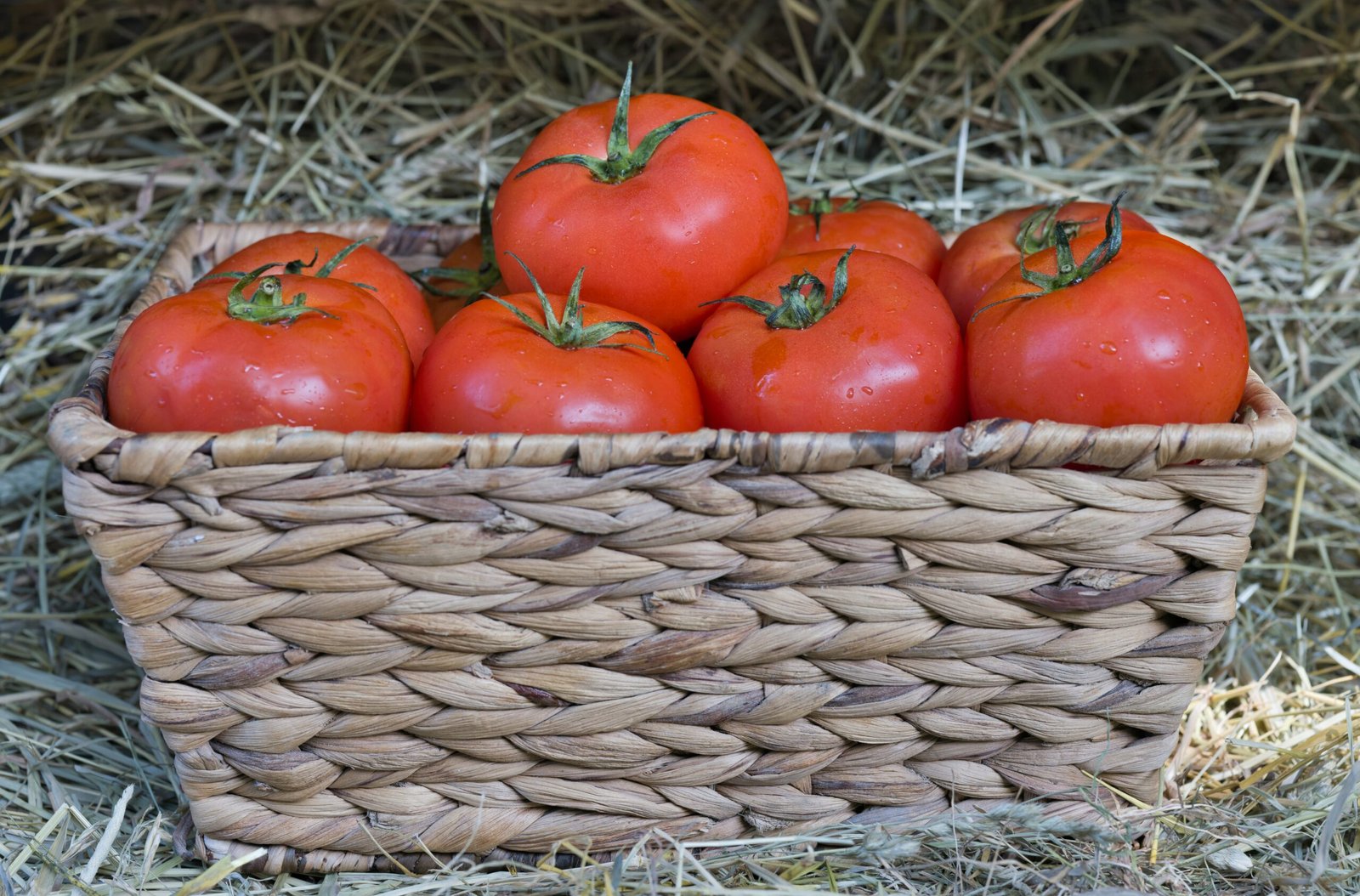One Complete Guide to Luteolin And Its Health Benefits
Introduction
Welcome to our complete guide on luteolin, the powerful antioxidant. In this article, we will explore its chemical structure, properties, and role in our health. We will also delve into its history, origins, and traditional medicine use. Furthermore, we will discuss the health benefits discovered in recent decades, its natural sources, its absorption and bioavailability, recommended intakes, potential side effects, and safety concerns. Let’s get started!
What is Luteolin?
It is a flavonoid, a type of plant pigment that is known for its antioxidant properties. It is found in a variety of fruits, vegetables, and herbs. It has gained attention in recent years due to its potential health benefits and its ability to combat oxidative stress in the body.
History and Origins
Luteolin was first isolated in 1910 by the Hungarian biochemist Albert Szent-Györgyi. The name “luteolin” is derived from the Latin word “luteus,” meaning yellow, which reflects its characteristic yellow color. Its scientific name is 3′,4′,5,7-tetrahydroxyflavone.
In traditional medicine, it has been used for centuries in various cultures. It has been incorporated into herbal and traditional practices to address different health concerns.
Luteolin in Traditional Medicine
It has been used in traditional  medicine for its anti-inflammatory, antioxidant, and anticancer properties. Traditional healers believed that luteolin could help reduce inflammation, protect against oxidative damage, and even inhibit the growth of cancer cells.
medicine for its anti-inflammatory, antioxidant, and anticancer properties. Traditional healers believed that luteolin could help reduce inflammation, protect against oxidative damage, and even inhibit the growth of cancer cells.
Contemporary research has provided evidence supporting some of these traditional uses. Studies have shown that it possesses anti-inflammatory and antioxidant effects, which may contribute to its potential health benefits.
Health Benefits
The health benefits of luteolin are numerous and have been discovered through scientific research in recent decades. Here are some of the key benefits:
1. Antioxidant Properties
Luteolin acts as a powerful  antioxidant, helping to neutralize harmful free radicals in the body. Free radicals are unstable molecules that can cause oxidative stress and damage to cells. By scavenging these free radicals, it helps protect against chronic diseases such as heart disease, cancer, and neurodegenerative disorders.
antioxidant, helping to neutralize harmful free radicals in the body. Free radicals are unstable molecules that can cause oxidative stress and damage to cells. By scavenging these free radicals, it helps protect against chronic diseases such as heart disease, cancer, and neurodegenerative disorders.
2. Anti-Inflammatory Effects
Luteolin has been found to possess anti-inflammatory properties, which can help reduce inflammation in the body. Chronic inflammation is associated with various diseases, including cardiovascular disease, arthritis, and certain types of cancer. By inhibiting inflammatory pathways, luteolin may contribute to the prevention and management of these conditions.
3. Neuroprotective Effects
Studies have shown that it has neuroprotective effects, meaning it can help protect the brain and nervous system from damage. It has been found to inhibit the formation of amyloid-beta plaques, which are characteristic of Alzheimer’s disease. It may also enhance cognitive function and memory.
Natural Sources
Luteolin is naturally present in various plant-based foods. Some of the best sources include:
- Celery
- Parsley
- Thyme
- Peppers
- Chamomile
By incorporating these foods into your diet, you can increase your intake and enjoy its potential health benefits.
Absorption and Bioavailability
The absorption and bioavailability of luteolin can vary depending on several factors:
Fat Solubility
Luteolin is fat-soluble, which is better absorbed when consumed with dietary fat. Including a source of healthy fats, such as olive oil or avocado, can enhance the absorption of it.
Processing and Cooking
The processing and cooking  methods used can affect the luteolin content in foods. Boiling and prolonged cooking can lead to some loss of it. To maximize its intake, consider consuming raw or lightly cooked foods that contain it.
methods used can affect the luteolin content in foods. Boiling and prolonged cooking can lead to some loss of it. To maximize its intake, consider consuming raw or lightly cooked foods that contain it.
Interactions with Other Compounds
Luteolin may interact with other compounds present in foods, either enhancing or inhibiting its absorption. Further research is needed to understand these interactions fully.
Recommended Intakes of Luteolin
There are no specific dietary guidelines for its intake. However, incorporating luteolin-rich foods into a balanced diet can benefit overall health. Aim to consume various fruits, vegetables, and herbs that contain it to ensure an adequate intake.
Potential Side Effects and Safety
It is generally recognized as safe when consumed in food amounts. However, concentrated supplements and extracts may have different effects and should be used with caution.
It is important to note that luteolin may interact with certain medications. If you are taking any medications, it is advisable to consult with your healthcare provider before starting any luteolin supplements.
Frequently Asked Questions
1. Can Luteolin prevent cancer?
- It has shown promising anticancer properties in laboratory studies, but more research is needed to determine its effectiveness in preventing or treating cancer in humans.
2. Is Luteolin suitable for vegetarians and vegans?
- Yes, it is derived from plant sources and is suitable for vegetarians and vegans.
References
1. Szent-Györgyi, A. (1910). Über den biologischen Oxidationsprozess. Biochemische Zeitschrift, 27(1), 31-44.
2. Pandey, S., & Rizvi, S. I. (2009). Plant polyphenols as dietary antioxidants in human health and disease. Oxidative Medicine and Cellular Longevity, 2(5), 270-278.
Sources
Luteolin: a flavonoid with multiple pharmacological activities. https://pubmed.ncbi.nlm.nih.gov/28531122/
Luteolin as an anti-inflammatory and neuroprotective agent: A brief review. https://www.ncbi.nlm.nih.gov/pmc/articles/PMC6057369/
Luteolin, a flis avis onoid with potential cancer prevention and therapy. https://pubmed.ncbi.nlm.nih.gov/16455229/
Luteolin as a natural autophagy inducer for cancer therapy. https://pubmed.ncbi.nlm.nih.gov/30510820/
Luteolin: A flavonoid that has multiple cardio-protective effects and its molar mechanisms. https://www.ncbi.nlm.nih.gov/pmc/articles/PMC6628855/
We hope this complete guide has provided you with valuable information about luteolin, a powerful antioxidant. Remember to consult with a healthcare professional before making any significant changes to your diet or starting any new supplements.
Disclaimer: This blog post is for informational purposes only and should not be considered medical advice. Please consult with a healthcare professional before making any changes to your diet or lifestyle
















